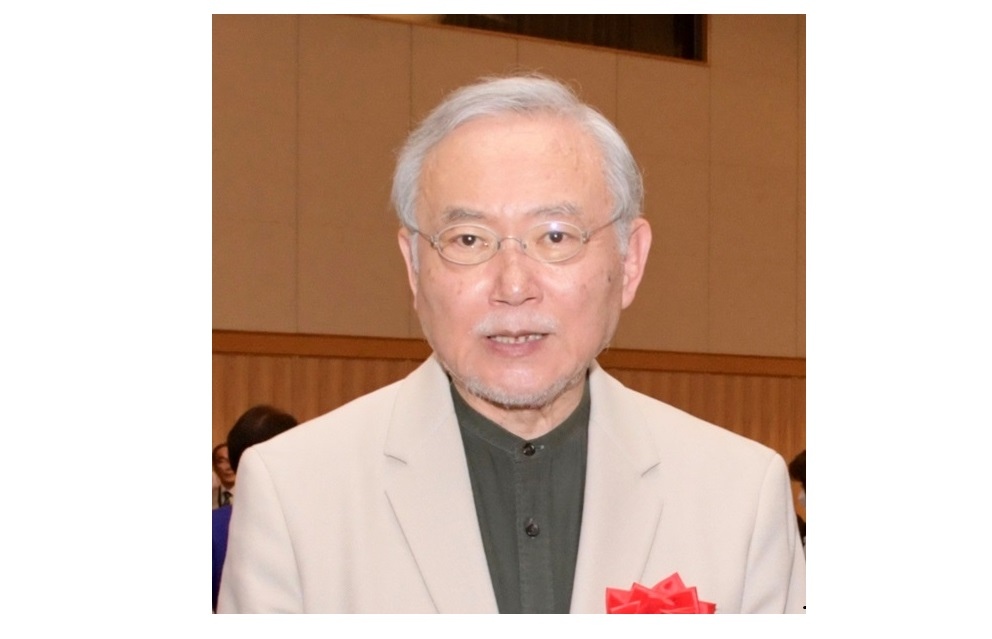
Kagefumi Ueno
10:00 JST, February 24, 2024
Since the Islamist group Hamas attacked Israel and killed at least 1,200 of its citizens on Oct. 7 last year, Israel’s retaliatory military operation in Gaza has killed about 29,000 people and forcibly displaced an estimated 1.9 million of the small Palestinian territory’s 2.4 million inhabitants from their homes. Israel has been confidently claiming a legitimate self-defense right to take such actions.
International law never authorizes any nation to take such disproportionate and atrociously violent measures. It is horrifying that the international community appears to by and large overlook such a grave breach of international norms.
However, the international jurisprudence perspective has been repeatedly commented on by many experts. I myself would rather focus on the wider historical context in which Israel appears to unhesitatingly employ what I deem immoral tactics.
At the time of Israel’s inception in 1948, about 700,000
Palestinians were driven from their land. They became refugees, and the number of their descendants has grown to over 5 million. So long as their anger and resentment persist, Israel as a state remains unstable and vulnerable.
This sense of uncertainty has always characterized the nature of the Jewish state’s psyche. Surrounded by sizeable Arab nations, the small Mediterranean nation has believed that it needs strenuous efforts to militarize itself to ensure absolute supremacy over the Palestinians and neighboring nations. But by repeatedly displacing Palestinians from their properties in the West Bank and East Jerusalem since 1948, especially since the 1967 Yom Kippur War, Israel has only made itself much less secure.
When I was serving as the Japanese ambassador to the Holy See, Cardinal Renato Martino said that Gaza increasingly resembled a “big concentration camp.” The controversial comment referred to Israel’s military strikes against Gaza, including its offensive in December 2008 and January 2009, which resulted in the death of about 1,400 Palestinians. My impression was that his remark echoed the sentiment of most Vatican officials. No doubt it offended the Israelis.
Even so, the kind of behavior Israel has historically demonstrated would not particularly stand out in the world up to the mid-20th century, a time until which quite a few nations used to implement displacement and forced deportation. This was particularly the case when borders were reshaped because of war, revolution or the independence of nations.
A typical instance was the displacement of approximately 400,000 Muslims from contemporary Greece and an estimated 1.2 million Greek Christians from contemporary Turkey. The massive exchange of people was based on the Lausanne Peace Treaty in 1923, which redefined the border between Turkey and Greece.
Between 1945 and 1947, the then Czechoslovakia and other Central and Eastern European states are said to have expelled some 7 million Germans. Approximately 500,000 Ukrainians were displaced from Poland to Soviet Ukraine.
When India and Pakistan were partitioned in 1947, over 10 million people had to move between the new countries’ borders. Muslims fled to Pakistan while Hindus and Sikhs went to India. It is estimated that over 1 million people were killed in a process rife with communal violence.
The paradigm of nations has since transformed by 180 degrees. Forced displacement of people is today deemed a stark violation of international humanitarian law. The Israeli government appears to be stuck in an obsolete mindset from about eight decades ago. The United States and other Group of Seven advanced nations are particularly urged to discourage Israel from resorting to the unethical measure of displacement.
Kagefumi Ueno is a civilization essayist and a former Japanese ambassador to Guatemala (2001-04) and the Holy See (2006-10).
Top Articles in Editorial & Columns
-

Riku-Ryu Pair Wins Gold Medal: Their Strong Bond Leads to Major Comeback Victory
-

40 Million Foreign Visitors to Japan: Urgent Measures Should Be Implemented to Tackle Overtourism
-

China Provoked Takaichi into Risky Move of Dissolving House of Representatives, But It’s a Gamble She Just Might Win
-

University of Tokyo Professor Arrested: Serious Lack of Ethical Sense, Failure of Institutional Governance
-

Policy Measures on Foreign Nationals: How Should Stricter Regulations and Coexistence Be Balanced?
JN ACCESS RANKING
-

Japan PM Takaichi’s Cabinet Resigns en Masse
-

Japan Institute to Use Domestic Commercial Optical Lattice Clock to Set Japan Standard Time
-

Israeli Ambassador to Japan Speaks about Japan’s Role in the Reconstruction of Gaza
-

Man Infected with Measles Reportedly Dined at Restaurant in Tokyo Station
-

Videos Plagiarized, Reposted with False Subtitles Claiming ‘Ryukyu Belongs to China’; Anti-China False Information Also Posted in Japan
























